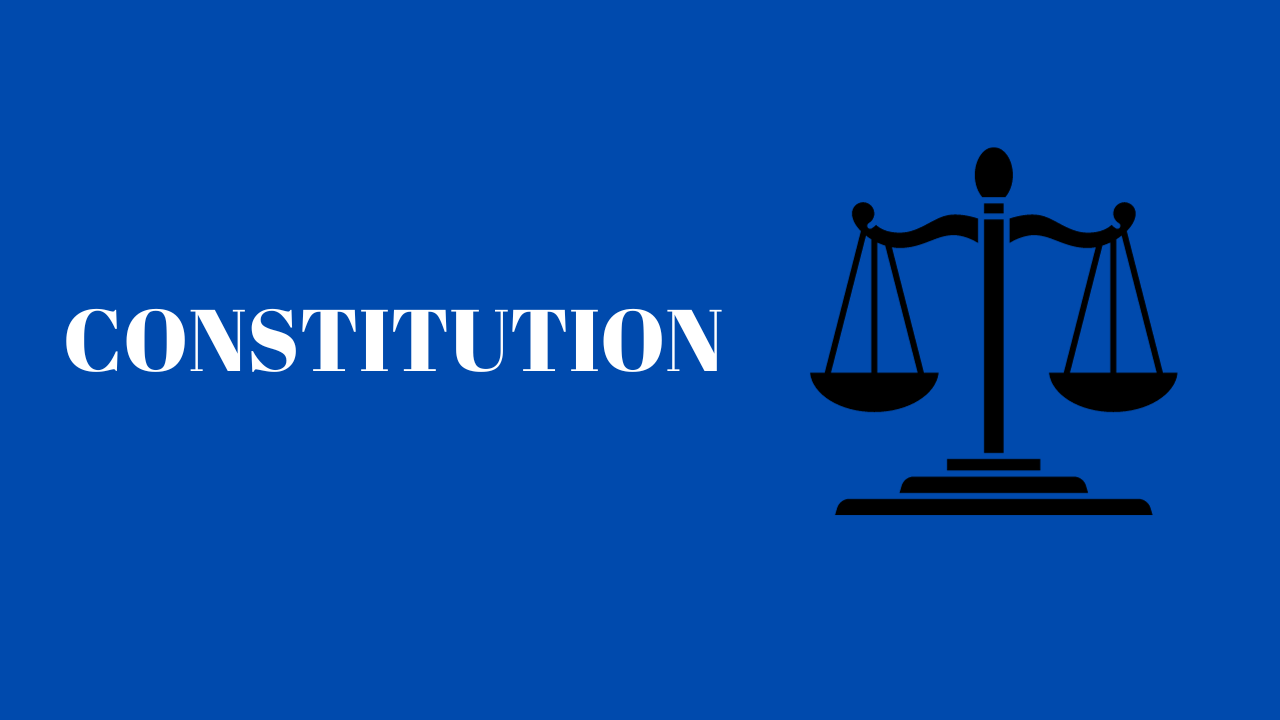CONSTITUTION OF BENCHES IN SUPREME COURT
Full bench of Supreme Court of India does not hear any matter as is the case with the Supreme Court of USA. But in India, division benches of Supreme Court hear the matters. Largest ever bench consisting of 13 judges was constituted to hear Keshavananda Bharti matter.
CONSTITUTION OF BENCH INVOLVING INTERPRETATION OF THE CONSTITUTION
Article 145 (3) provides that the minimum number of judges who are to sit for the purpose of deciding any case involving a substantial question of law as to the interpretation of this Constitution or for the purpose of hearing any reference under Article 143 shall be five. Where the Court hearing an appeal under any of the provisions other than Article 132 consists of less than five judges and in the course of the hearing of the appeal the Court is satisfied that the appeal involves a substantial question of law as to the interpretation of this Constitution the determination of which is necessary for the disposal of the appeal, such Court shall refer the question for opinion to a Court constituted as required by this Clause for the purpose of deciding any case involving such a question and shall on receipt of the opinion dispose of the appeal in conformity with such opinion.
Order XXXVIII Rule 1 provides that every petition under Article 32 of the Constitution shall be in writing and heard by a Division Court of not less than five judges provided that a Petition which does not raise a substantial question of law as to interpretation of the Constitution may be heard and decided by a Division Court of less than five judges and during vacation by the Vacation Judge sitting singly.
All interlocutory and miscellaneous applications connected with a Petition under Article 32 of the Constitution may be heard and decided by a Division Court of less than five judges, and during vacation, by the Vacation Judge sitting singly, notwithstanding that in the Petition a substantial question of law as to the interpretation of the Constitution is raised.
CONSTITUTION OF BENCH IN OTHER CASES
Order VI Rule 1 provides that every cause, appeal or matter shall be heard by a Bench consisting of not less than two judges nominated by Chief Justice. Following matters can be heard and disposed of by a judge singly nominated by Chief Justice –
(i) Special Leave Petition arising out of grant, dismissal or rejection of bail application or anticipatory bail application in the matters filed against the order passed under Section 437, Section 438 or Section 439 of the Code of Criminal Procedure, 1973 involving the offences punishable with sentence upto seven years imprisonment.
(ii) Applications for transfer of cases under Section 406 of the Code of Criminal Procedure, 1973
(iii) Application of an urgent nature for transfer of cases under Section 25 of the Code of Civil Procedure, 1908.
(iv) Any other category of cases notified by the Chief Justice from time to time, which may be heard and disposed of finally by a judge sitting singly nominated by him.
Order VI Rule 2 provides that where in course of the hearing of any cause, appeal or other proceedings the Bench considers that the matter should be dealt with by a larger bench, it shall refer the matter to the Chief Justice, who shall thereupon constitute such a bench.
Order VI Rule 3 provides that every cause, appeal or other proceedings arising out of a case in which death sentence has been confirmed or awarded by the High Court shall be heard by a Bench consisting of not less than three judges.
Order VI Rule 4 provides that if a bench of less than three judges, hearing a cause, appeal or matter is of the opinion that that the accused should be sentenced to death it shall refer the matter to the Chief Justice who shall thereupon constitute a Bench of not less than three Judges for hearing it.
Order VI Rule 6 provides that the Vacation Judge sitting singly may exercise powers of the Court in relation to the following matters:
(i) Applications for Special Leave to Appeal in urgent cases where interim relief is prayed for subject to the condition that the Vacation Judge shall not decide such a Petition if it raises substantial question of law as to the interpretation of the Constitution.
(ii) Application for stay of execution of a decree or stay of proceedings in civil matter.
(iii) Application for transfer of cases under Section 406 of the Code of Criminal Procedure, 1973
(iv) Applications for stay of proceedings in criminal matters.
(v) Application under Article 32 of the Constitution of an urgent nature which do not involve a substantial question of law as to the interpretation of the Constitution.
(vi) Issue of a rule nisi in urgent applications under Article 32 of the Constitution which involve a substantial question of law as to the interpretation of the Constitution
(vii) Applications of an urgent nature for transfer of cases under Section 25 of the Constitution
(viii) Issue of notice in applications of an urgent nature under Article 139 A (1) of the Constitution
(ix) Applications of an urgent nature for transfer of cases under Article 139A (2) of the Constitution.
____________________________________________________
Mukesh Kumar Suman is an advocate and legal author based at Delhi. He regularly appears before various Judicial Forums including NCLT, NCLAT, High Courts and the Supreme Court. He can be approached at mukesh_suman@outlook.com or +91 9717864570.



